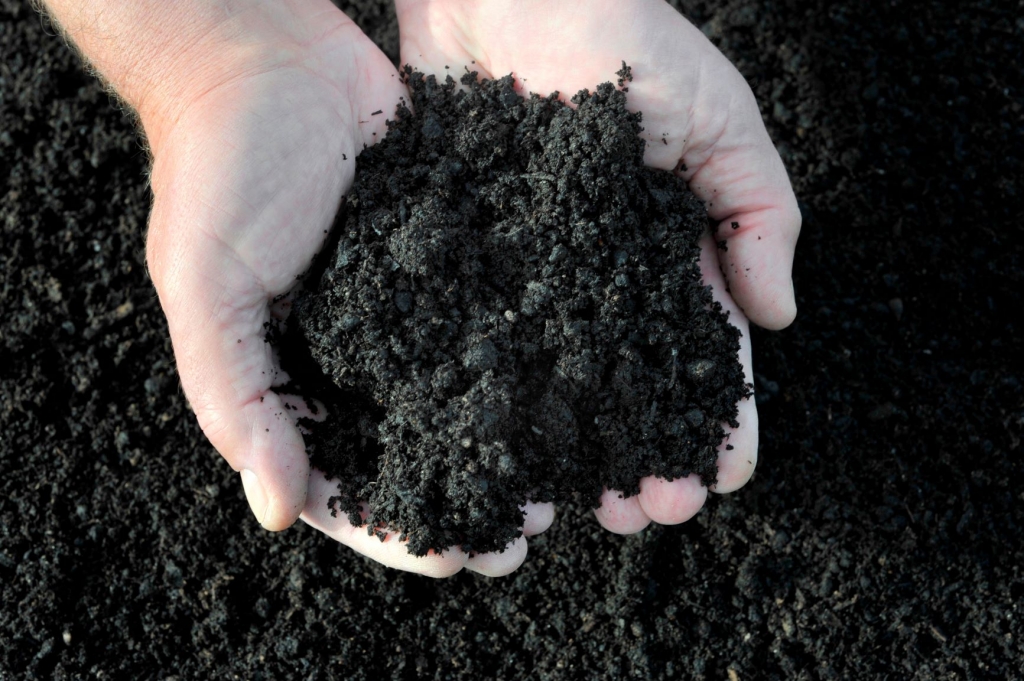
When it comes to yard waste, or green waste, as some call it, people just bag it, bin it, or bundle it up for curbside collection. But not every city offers yard waste collection services. And even if some cities offer it, there are other ways to make use of those extra grass clippings, twigs, leaves, and plants.
Reducing yard waste is easy. And by doing so, those yards will be the envy of the town.
Grasscycling
Grasscycling is perhaps the easiest way to reduce green waste output. Instead of tossing grass clippings out, simply leave them on your lawn when mowing. They only take a couple weeks to break down, and they’re great as fertilizer. By weight, grass makes up 50 percent of the yard waste. Grasscycling is an effective way to decrease that number. Plus, it’ll make your lawn look better than ever.
Home Composting
Home composting doesn’t just apply to food waste, it’s also perfect for grass clippings, shrub and plant trimmings, leaves, etc. Keep in mind, if you’re looking at composting pine needles, they take longer than other materials to decompose. They’ll also acidify your soil, so be sure to limit how much you include.
Mulching
For this, you might need a mulcher. If you don’t have one, that’s OK. They can be rented. Some lawnmowers also offer a mulching option for leaves and plant clippings. A thin coat of mulch is a healthy addition to any garden. It improves soil moisture, fertility, and limits the growth of weeds. It also adds aesthetic value. Leaves, grass clippings, and moss are all suitable. Items like branches, bark, and twigs can be woodchipped.
Xeriscaping
Xeriscaping is a method of landscaping that was developed for arid regions. That said, it can be implemented anywhere. With its emphasis on drought-resistant plants, it’s a great way to conserve water resources. More than that, xeriscapes actually require less maintenance than a normal garden. That means less trimming and pruning, which also means less yard waste.
Though yard waste is organic, it’s still waste. With these four tips, you can make your green waste greener and reap the benefits of a healthier yard.

Recent Comments